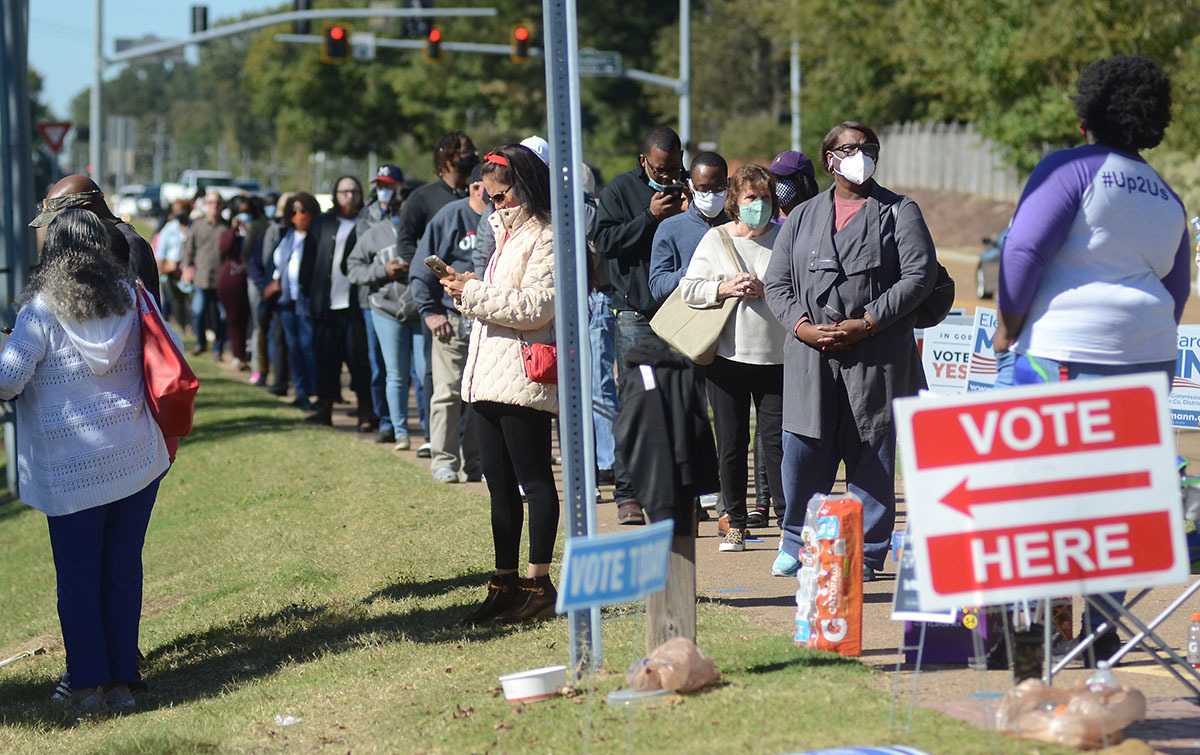Present to Past
Legislating Rights

19941994 Crime Bill
Overseeing Inmates at Angola Louisiana State Penitentiary
Incarcerating a Generation
The Violent Crime Control and Law Enforcement Act of 1994, also known as the 1994 Crime Bill, was drafted by then-Senator Joseph Biden and signed into law by President Bill Clinton. Though intended to help cut violent crime across the nation, the law had a disproportionate impact on African and Latino American communities. It expanded the federal death penalty and increased funding to expand police forces and build more prisons. It also included tougher federal criminal sentencing guidelines for drug-related crimes and encouraged states to adopt similar measures.
Though mass incarceration began decades before, the 1994 Crime Bill was more punitive and incentivized states to incarcerate. Its “three strikes” clause requires mandatory life sentences for certain offenses, and its Truth in Sentencing program gave grants to states that passed laws requiring violent offenders to serve 85% of their sentence before being eligible for parole. It also expanded the school-to-prison pipeline by allowing children as young as 13 to be tried as adults for certain offenses.
The 1994 Crime Bill worsened the existing criminalization of Black men and women that had been in place since the 19th century. Following the Civil War, southern states enacted Black Codes that criminalized unemployment and re-enslaved African American men via the convict-leasing system. Black people could be arrested, jailed, and sentenced to hard labor for the most minor infractions. Some of the largest prisons in the nation sit on former plantation sites, including the Louisiana State Penitentiary, known as Angola Prison, located on the former site of Angola plantation.